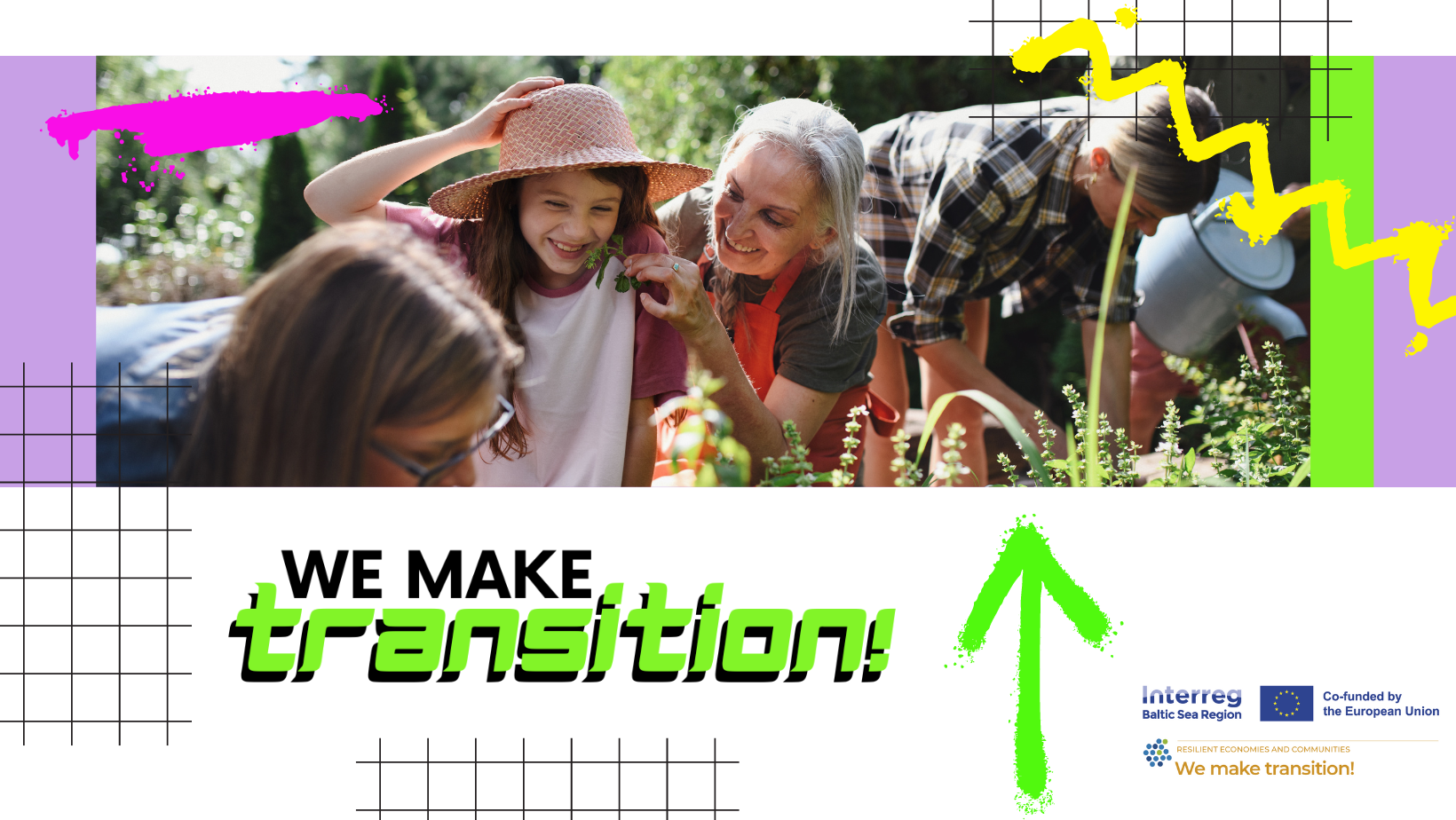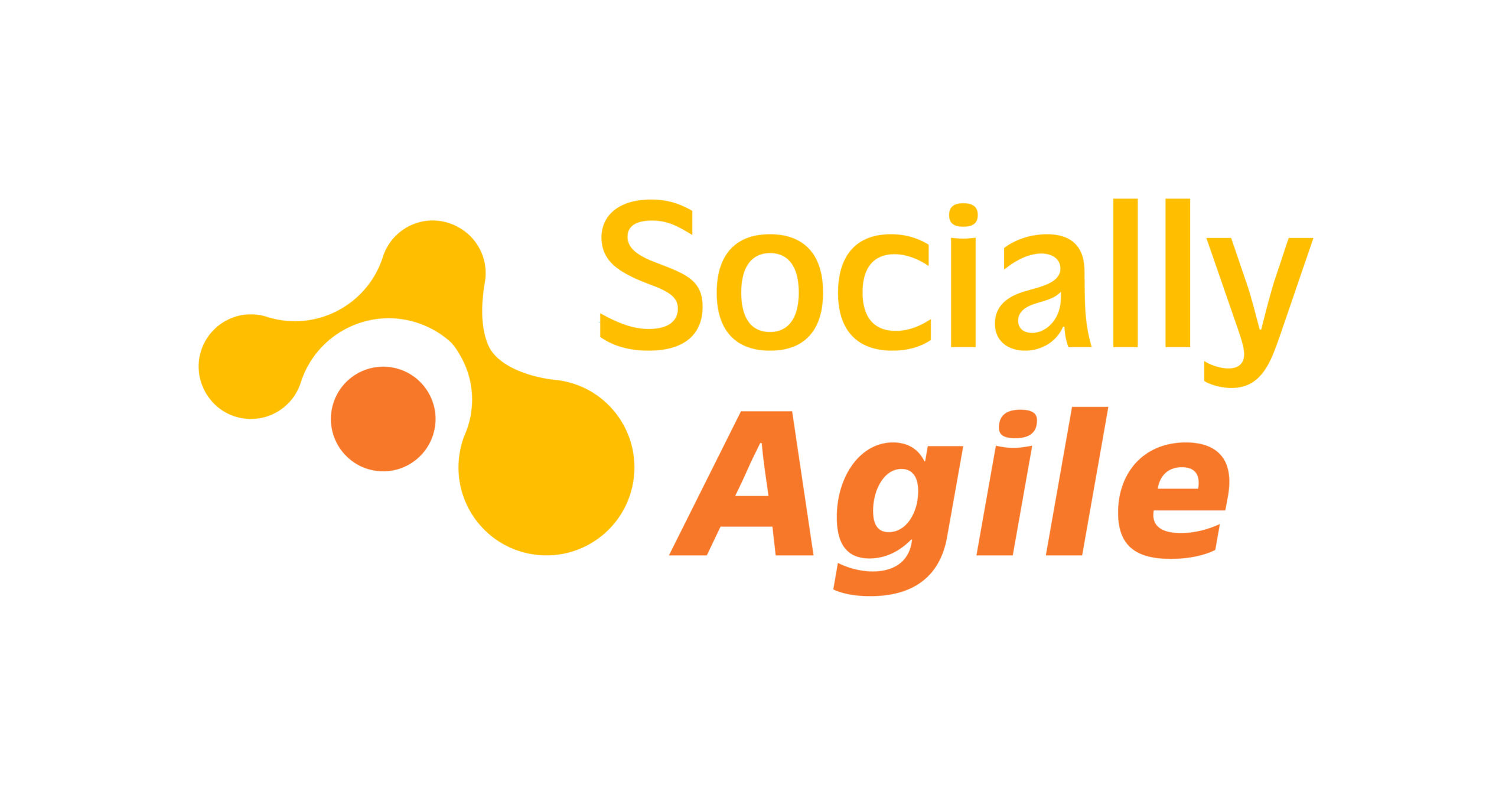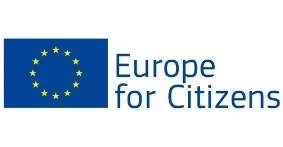The President of the Commission mandated the Commissioner for Jobs and Social Rights, Nicolas Schmit, with developing a European Action Plan for Social Economy.
The 2021 Commission Work Programme announced that the publication date for the Action Plan would be the fourth quarter of 2021. It also highlights that the Action Plan will enhance social investment, support social economy acts and social enterprises to start-up, scale-up, innovate and create jobs.
To prepare the Action Plan, citizens and stakeholders were invited (from 1 March until 26 April 2021) to give their views on the so-called roadmap on the Action Plan.
Roadmaps describe the problem to be tackled and objectives to be met, explain why EU action is needed, outline policy options and describe the main features of the consultation strategy. The feedback received can be found at the above link.
The social economy encompasses a variety of businesses, organisations and legal forms, such as non-profit associations, cooperatives, mutual societies, foundations and social enterprises. They share the feature of systematically putting people first, reinvesting most of the profit back into the organisation or a social cause, and having a participatory form of governance.
They play an important role in job creation, work integration and inclusive and sustainable growth. They operate in a large variety of economic sectors, such as social services, health care, social housing, affordable energy to the most vulnerable, recycling, retail, tourism, hospitality.
In view of its potential to address societal challenges and contribute to economic growth, the EU has launched a large number of actions to support the development of social enterprises and the social economy under the 2011 Social Business Initiative (SBI) and the 2016 Start-up and Scale-up initiative,
More recently, a number of Commission initiatives have called on the potential of social economy:
- A Strong Social Europe for Just Transitions
- Circular Economy Action Plan
- SME Strategy
- Renovation Wave
- Recovery Plan – Next Generation EU
- Africa Strategy
- Youth Employment Support Initiative
- Action Plan on Integration and Inclusion
- European Skills Agenda
- EU Roma Strategic Framework
- Economic and Investment Plan for the Western Balkans
- Renewed partnership with the Southern Neighbourhood – A new Agenda for the Mediterranean
Social economy organisations also contribute to the implementation of the European Pillar of Social Rights.
This publication has been prepared within SENBS project No. 2020- 1-EE01-KA204-077999. The content of this publication is the sole responsibility of the project coordinator and may not always reflect the views of the European Commission or the National Agency.













